The world we live in is more connected than ever before.
Ever since the rise of telecommunications and the internet, we have been connected to each other like no other period in human history.
While it has certainly been a wonderful blessing for humanity, it does have a dark side to it.
According to ttspy.com, given how connected we are, there is always a potential for people to misuse it for bad purposes. This is something which has been of concern for many people, especially with regard to the many surveillance gadgets and software.
As much as dealing with the problem is no simple task, there are several ways in which potential risks can be minimized.
There are several ways in which you can prevent yourself from being monitored, through the use of surveillance gadgets.
Of the many such ways, some of the most important are given in the list below.
- Use Suitable Anti-Spyware Software
This is by far one of the most important ways to deal with monitoring softwares, whether on desktops or laptops.
There are a whole bunch of different softwares available online, which can be used for this purpose. Available in both free as well as paid versions, they allow for the easy detection of any potentially unwanted softwares as well as their deletion.
If you would like to be certain that there are no spying applications present on your phone, you might want to check the same using multiple softwares, so that one of them might just detect something that was not detected elsewhere.
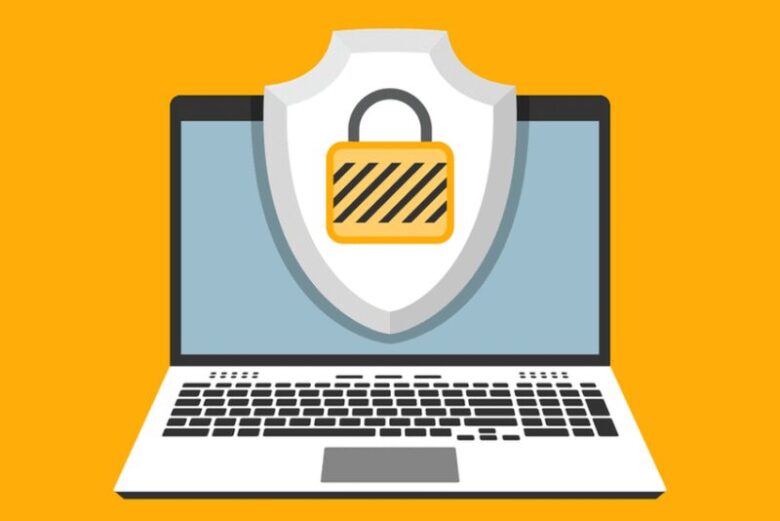
- Never Install Unknown Apps
This is by far one of the most common ways in which spyware and other monitoring applications make their way into systems.
Many times, the bad software is installed on systems through the help of seemingly legitimate applications, which are in reality only a cover for their real purpose.
The best way is to check the reviews on that application or download it from one of the many certified download stores online.
- Uninstall or Update Apps That Are No Longer In Use
This is not really a privacy threat per se, but can certainly be one if you are not careful.
When you don’t use an application for a long time, it is a good idea to remove it. The reason for this is because many times, we may forget to update the same given that they are rarely used; these updates are often released to seal any software vulnerabilities. These vulnerabilities can end up being exploited by hackers and other such elements for their own personal gain.
So when it comes to ‘rarely used’ software, make sure that you either update it or uninstall it. But no matter what, never allow one to sit on your drive idle for a long time.
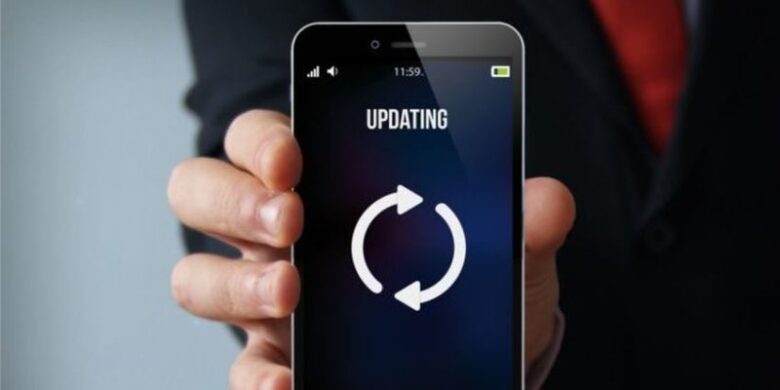
- Stay Away From Pirated Software
Using pirated software tends to be one of the most important ways in which systems get affected by spyware.
In an effort to save money on original software, many people go for pirated versions of the same, many of which are often bundled with spyware programs before being made available for download.
If you really feel that you aren’t in a position to pay for the original, go for a software that is, what is called as ‘freeware’. They are completely free and usually offer all the features that you get in paid versions.
- Be Careful With Public Wifi Connections
If there is one major privacy threat that is overtly ignored by people, it is public wifi connections.
There is a reason for this. Using a public Wifi connection gives hackers an easy way to access your phone and all that it contains. It is because when you access any Wifi connection, you will be giving the system providing you with an internet connection, access to your phone as well.
In general, a part of this is necessary as some ports will need to be opened for the data to be delivered to your phone. But the same mechanism can be used to access the files and everything else on your phone as well.
Therefore, it is a good idea to ensure that you don’t use any public Wifi connection if you aren’t sure of its authenticity. In addition to this, you can also install suitable software to protect the device from potential hackers.
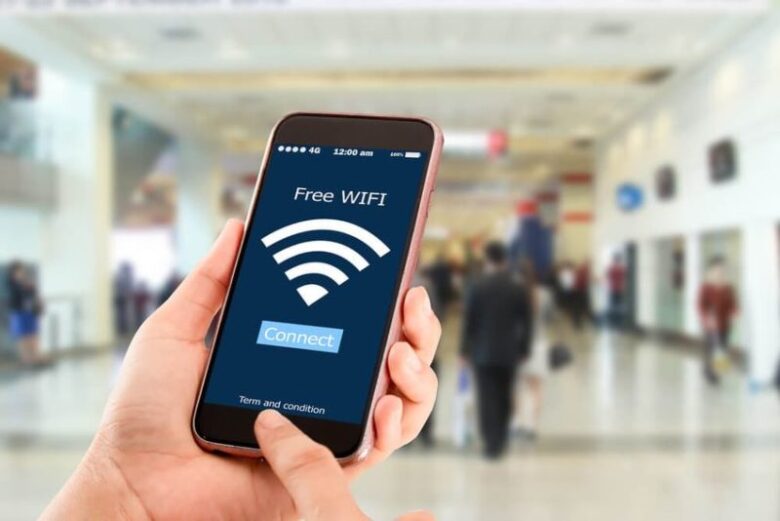
- Turn off Bluetooth & Wifi When Not In Use
Open and unused connections are often an easy way for hackers to gain entry into your device.
These include for Bluetooth as well as Wifi ports, as they can easily allow for unauthorized entry into the device.
To make sure that this risk is eliminated or at least greatly minimized; ensure that you turn off Bluetooth and wifi, whenever they are not in use.
- Check for Unusual Objects in Private Places
This has more to do with physical monitoring more than digital monitoring.
There are many ways in which malevolent entities can spy on others, both in terms of sound and vision. Thanks to the help of various spying devices, it is often very difficult to know if an object is legitimate or a cover for something else.
To ensure that you don’t end up getting monitored through such devices, search for anything that may seem a bit out of place or even the least bit fishy. These include everything from wall hangings to objects on shelves and so on.
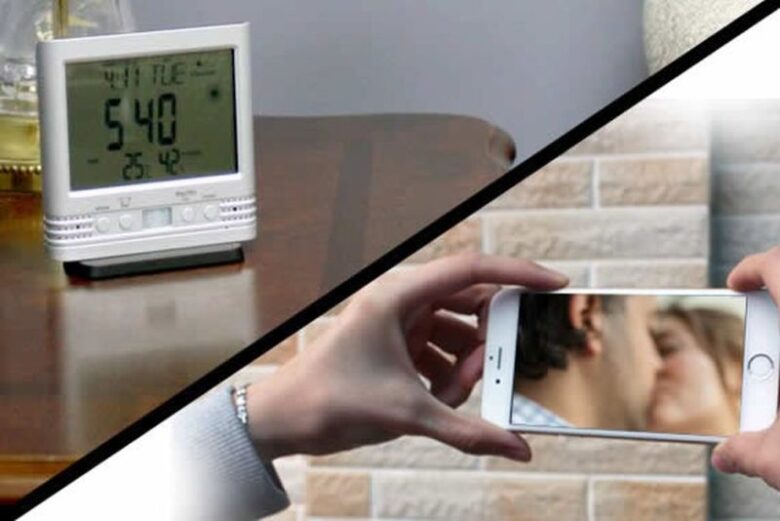
- Beware of Nooks and Crannies
This is an extension of the previous point.
Be on the lookout for weird nooks or crannies, where it is possible to stuff objects such as a camera or microphone for monitoring purposes.
They are not that difficult to spot, even if it may seem to be so.
- Use VPNs When Browsing
This is another great way to avoid monitoring.
A VPN is what can be called a Virtual Private Network, which allows for anonymous web browsing at all times. It works by rerouting all internet traffic via a third-party web server, which helps to mask your real IP Address. This helps to avoid unauthorized access through both hardware as well as software based tools.
VPN services are available in both free and paid versions. Do note that free versions often have a limit on the total bandwidth, while paid ones offer unlimited bandwidth.
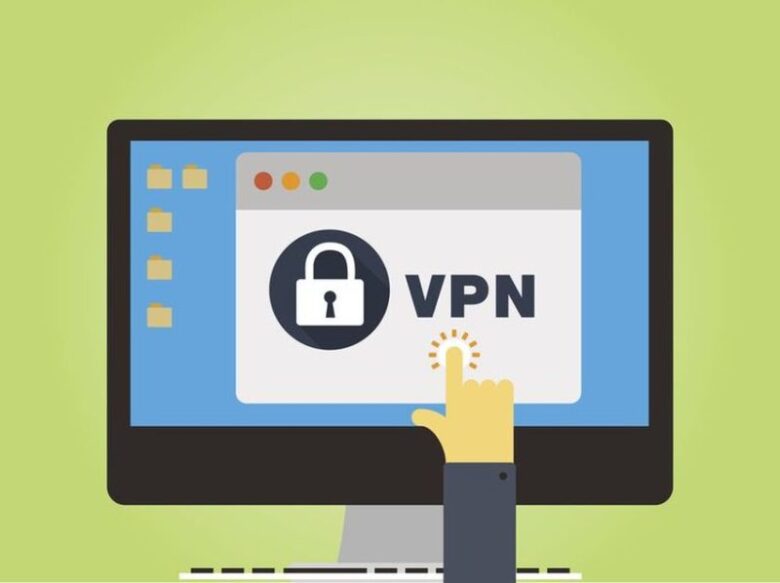
To sum it all up, it should be added that there are indeed many other steps like the above that can be taken up.
Many would think that the steps are a hassle. It is perhaps true that the steps are a hassle, and an extra burden to deal with. But if one is to be sure that there are no potential surveillance-related problems in the future, engaging oneself in a certain degree of precautionary measures is the best way to guarantee this.


